As war rages in Ukraine, Bethel community members with Russian and Ukrainian ties grapple with the knowledge that there’s nothing they can do.
By Sarah Bakeman and Soraya Keiser
Gravel paths wore down the wheels of Alina Yermakovich’s suitcase until it was dead weight dragging behind her. She had dropped her other bag when fatigue began to set in miles back, knowing she would never see the clothing in it again. Standstill traffic stretched from the Polish border for 13 miles, and after leaving the car, Yermakovich would learn that she faced an eight-hour walk. As more Ukrainians headed to the border, she only hoped that the sweaters in her discarded bag might provide warmth to those fleeing in the night.
“I had my spine fused in 2019, but the pain from that and the pain from all of this is not even comparable,” Yermakovich said. “It was totally horrifying.”
Yermakovich is one of an estimated 1o million people who have had to leave their homes in Ukraine since Russia first attacked Feb. 24. Along with those suffering on the frontlines, families far away from the conflict have struggled to cope with their helplessness and fear for loved ones. At Bethel, community members with ties to Russia and Ukraine continue on with their days despite the weight of war that hangs heavily over Europe.
Yermakovich came to the United States with her parents as a 6-year-old in 2004. Her Christian family was fleeing religious persecution in Belarus. Despite being young at the time, she remembers trips to Odesa during summertime and the beach days on the Black Sea. She spent the rest of her childhood in Albertville, Minnesota, eventually attending Bethel University as an English education major and graduating in May 2020.
Yermakovich first returned to Ukraine Dec. 31, hoping to spend eight months teaching English at the Great Commission Missionary School in Remeniv. For the better part of two months, that’s what she did. She would reach children and adults in the village, working to help them improve their English skills.
Her plan was cut short the morning of Feb. 24, when she woke up to missed calls from family members in Minnesota and an email from the U.S. Embassy demanding she leave Ukraine. Explosions had been reported in four cities. The closest blast, in Kyiv, was a six-hour train ride away.
“There were news channels showing videos of Kyiv getting bombed,” she said. “I’ve known about war my entire life, but I was never this close to it. I was so scared. I just kept imagining people dying because of this, and I could not sleep at all.”

She and the other missionaries began to pack their belongings and search for a ride to the Polish border. Yermakovich was faced with immediate complications, as buses would not run to the border and a gas shortage had been spurred on by the influx of Ukrainians filling their tanks.
After paying $100 for a ride from a Ukrainian missionary, Yermakovich departed at 8 a.m. Feb. 26, taking a moment to say goodbye to people and a village she had believed she had six more months with.
“I could hardly pray in my head… I just kept repeating ‘God, please help me.'”
Alina Yermakovich
An hour from Remeniv, Yermakovich was confronted by standstill traffic and decided to walk the rest of the way with her fellow missionaries. Back in the U.S., she’d enjoyed hiking, even when the trail was more than 10 miles.
This walk wasn’t anything like that.
The pain in her spine from dragging weight behind her made it feel as though she had third-degree burns stretching over her back. The fatigue eventually spread this pain to her entire body.
“I could hardly pray in my head,” Yermakovich said. “I just kept repeating ‘God, please help me.’”
Gas stations along the way had hour-long lines filled with people who had the same mission as Yermakovich: get to safety.
When Yermakovich arrived at the edge of Ukraine, night had fallen and the border was closed until morning. Physical and verbal altercations broke out between refugees and border patrol workers, spurred on by hundreds of people standing in close quarters. Yermakovich witnessed one man being pushed against a wall so hard that the guitar strapped to his back broke. Every 10 minutes or so, a border patrol agent would yell for the crowd to make room for incoming ambulances. Yermakovich would then see refugees, typically children, being lifted toward the vehicles.
“I know that not everybody they took out was alive,” Yermakovich said. “I’ve never seen anything like that. It was terrifying.”
Yermakovich was not sure when the border would reopen, but knew she could not make the trip back on foot. Those with cars turned around, but no matter how much money she and others offered to get a ride, they were refused. She and her fellow missionaries sat on their suitcases, but did not go to sleep that night.
“I kept jolting awake every few minutes because I was so scared of freezing to death,” Yermakovich said.
In the end, after a 13-hour wait, the sun rose and the Polish border opened to women and children.
“I felt so happy that I at least got through one little thing,” she said.
Once she entered Poland’s Border Control, Yermakovich waited another 12 hours for her passport to be checked. Sleep-deprived and hungry, she and a friend from the missionary school decided to set up their suitcases as seats, letting one sit down and sleep for a few minutes while the other propped it up. They kept this rotation for six hours before people from the Polish side arrived with diapers and food for babies, as well as sandwiches and water, throwing them over a seven-foot border fence ringed with barbed wire.
“I’ve never been so grateful for a simple sandwich,” Yermakovich said. “I thought that was the kindest thing anybody has ever done for me.”
Once she was cleared to enter Poland, Yermakovich and her fellow missionaries were able to get a ride from the uncle of the man whose guitar was destroyed. After spending a week in Krakow, she found a flight home.
“I couldn’t believe how naive I was before the war,” Yermakovich said. “I assumed we would be fine because we were U.S. citizens, and we could just flash our passports. I realize now that was such a nasty attitude.”
–
Three days after Russia’s first attack on Ukraine, Bethel PSEO student Sofia Tereschenko did not attend Slavic Baptist Church in Shakopee with her parents as she did every other Sunday. Instead, she opted for Grace Church in Eden Prairie, an American service, accompanied by friends.
At her home church, a last name reveals heritage: Russian or Ukrainian. Nearly everybody in the congregation has family in Eastern Europe. Nearly everybody, especially the elders, has an opinion on Putin’s actions, and that week, Tereschenko didn’t want to deal with them.
“Ukrainians love their country. They don’t want Russia to take it. They’re going to do whatever they need to keep it,” Tereschenko said. “We’ll go for prayer nights in church, but the most we can do is just stay connected with everybody we have in Ukraine.”
Both of Tereschenko’s parents immigrated to the United States as children but left many ties in Ukraine. When Tereschenko’s family visited her maternal great grandmother in Dubno, Ukraine, this summer, her mother could greet passersby in the town, remembering many of them from her childhood. Tereschenko quickly became familiar with second and third cousins as well as the Dubno streets lined with distinct green fences. Being in her grandmother’s town meant being surrounded by family.

Now, Tereschenko keeps up with her family through the phone. She sees Instagram posts from Ukrainian friends she met over the summer; they alert their followers of which churches are safe for shelter. Her mother calls her grandmother daily, and her father calls his siblings, one of whom was in a bomb shelter before the Ukrainian government handed him and his son guns and told them to fight.
“I feel affected by this, but also I’m not there,” Tereschenko said. “I’m in a safe place. It just feels weird.”
–
Freshman biblical and theological studies major Dan Magu hears stories at home about his first year of life in Cricova, Moldova, a town in a country the size of Maryland on Ukraine’s southern border. One of his favorites involves a chicken harassing his older brother and his father cooking it up for dinner that night. The story is told in Russian, sometimes from his older siblings and other times from his Russian mother or Ukrainian father.
Now, when Magu hears stories from the family left in Moldova, they describe Ukrainian refugees and the Moldovian churches they are sheltering in. Following Russia’s first attacks, Magu’s Ukrainian brother-in-law fled to Poland. Magu’s family keeps up with current events, but avoids bias.
“We don’t focus on the political side,” Magu said. “We can’t necessarily say ‘this person is at fault.’”

Magu preserves his culture through the two-hour Sunday services at Bethany Slavic Baptist Church in Brooklyn Park. Between songs played by the church band and orchestra and the singing of six choirs, a sermon is delivered in Russian every Sunday. After the main service, Magu preaches in English to a youth group. Nearly everybody at the church has Eastern European roots, but this does not make its way into the messages.
“We try to understand that God’s got it under control and all we can do as people is pray and not judge,” Magu said.
–
Sophomore nursing major Julia Kotelevskaya had come to school early to study for a nursing exam Feb. 24 when she got a call from her mom, saying through sobs that the bombing had started.
“I get all this news, and I immediately go into shock,” Kotelevskaya said.
Because the bombings in Ukraine hit closer to home. Kotelevskaya is Ukrainian, although she grew up telling her friends that she was Russian because most people didn’t know that Ukraine existed. Now they do.
Kotelevskaya’s grandparents, aunt and cousins live in Chernivtsi, a small town in southwestern Ukraine. Kotelevskaya and her family wait for phone calls from family members saying that they are alright.
Much of the fighting is in the eastern and northern parts of Ukraine, but the whole country feels the threat and uncertainty of war. Tanks pass by Kotelevskaya’s grandparents’ house and sirens go off regularly. Chernivtsi has become a refugee town as many people from the middle of the country have fled west toward Poland, Slovakia, Hungary, Moldova and Romania.

On one particular phone call with her grandparents, Kotelevskaya pleaded with them to evacuate. However, Kotelevskaya could hear the smile on her grandpa’s face when he said, “We pray, we read the Bible. Whatever happens is gonna happen and if we’re still alive tomorrow, we’re just gonna help. We’re not gonna go anywhere.”
The week after the bombing first started in Ukraine, Kotelevskaya and her family walked to see the I-35 bridge lit up blue and yellow across the Mississippi River.
“We can’t do much,” Kotelevskaya said. “The support in and of itself means so much.”
–
Former Bethel Choir Director Dennis Port first visited Ukraine with the Shepherd’s Foundation to help mentor a new choir director in Zolotonosha, a small city in central Ukraine. After the Soviet Union fell in 1991, many ministry groups and churches created programs and made connections with churches in Ukraine, including the Shepherd’s Foundation.
When he heard the choir of Ukrainians at the church, Port wanted to bring singers from America to Ukraine in order to form an octet, a choir of eight separate parts. So the next year, 1995, Port and his choir practiced in Ukraine and then went out to surrounding villages with evangelists from the Shepherd’s Foundation.
After a few years of making the trip, Port had the idea to bring an established group of singers from America to perform music ministry concerts on a broader scale. Evangelion was formed. The group would tour around the country for about 10 days, building relationships with local Ukrainians during the day and singing in the evenings.
“The experiences were just amazing for all of us,” Port said. “How can you not gain perspective of life when you come from Rosemount, Minnesota, to Zolotonosha, Ukraine?”
While leading Evangelion, Port says his choir got close to their translators. One in particular was visiting family in America when Russia attacked Ukraine. Now, she cannot go home and is separated from her husband and two sons.
It is difficult for Port to watch her, along with his other friends in Ukraine, suffer as they are currently.
“They are peace-loving people that have never been allowed to have peace,” Port said.

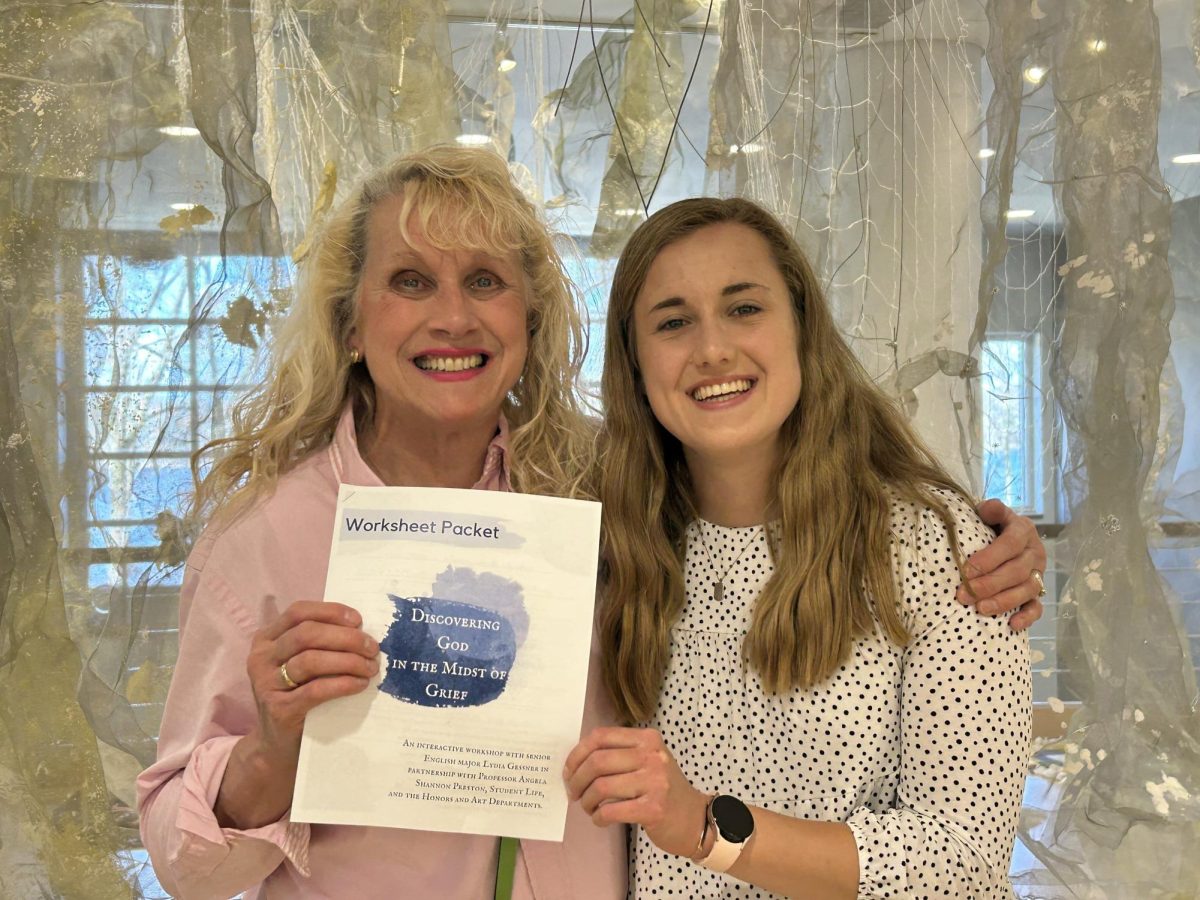
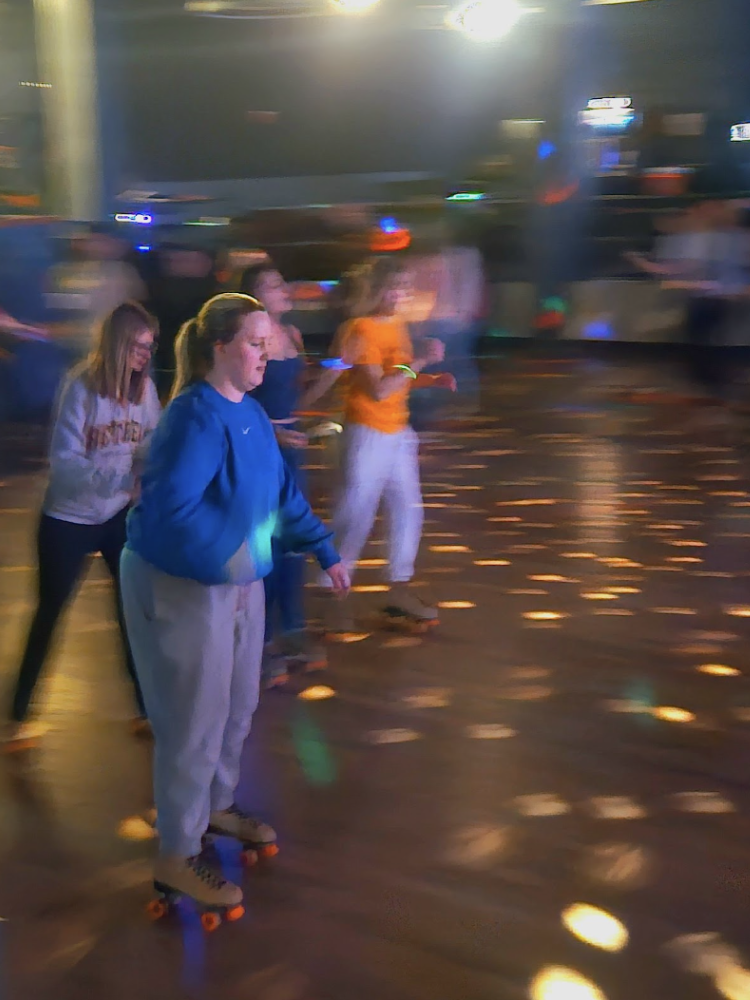
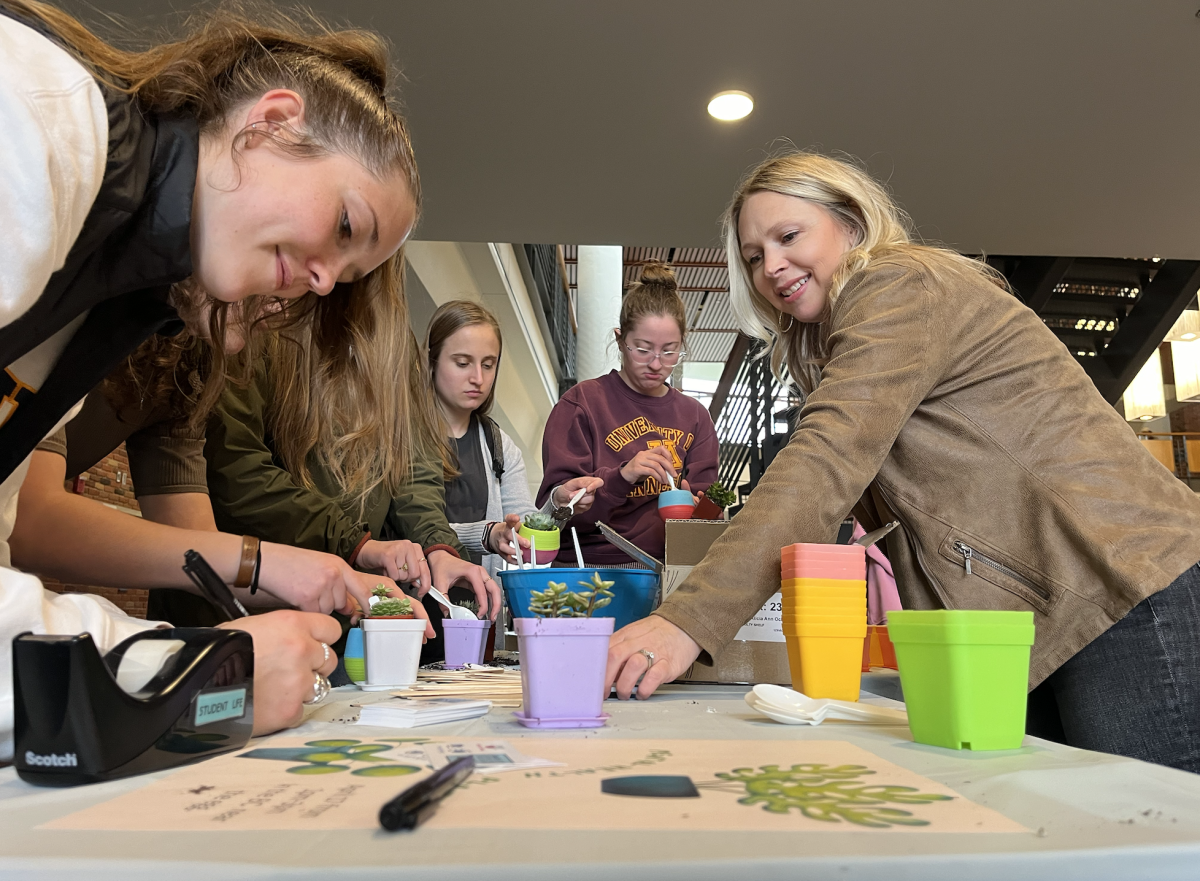
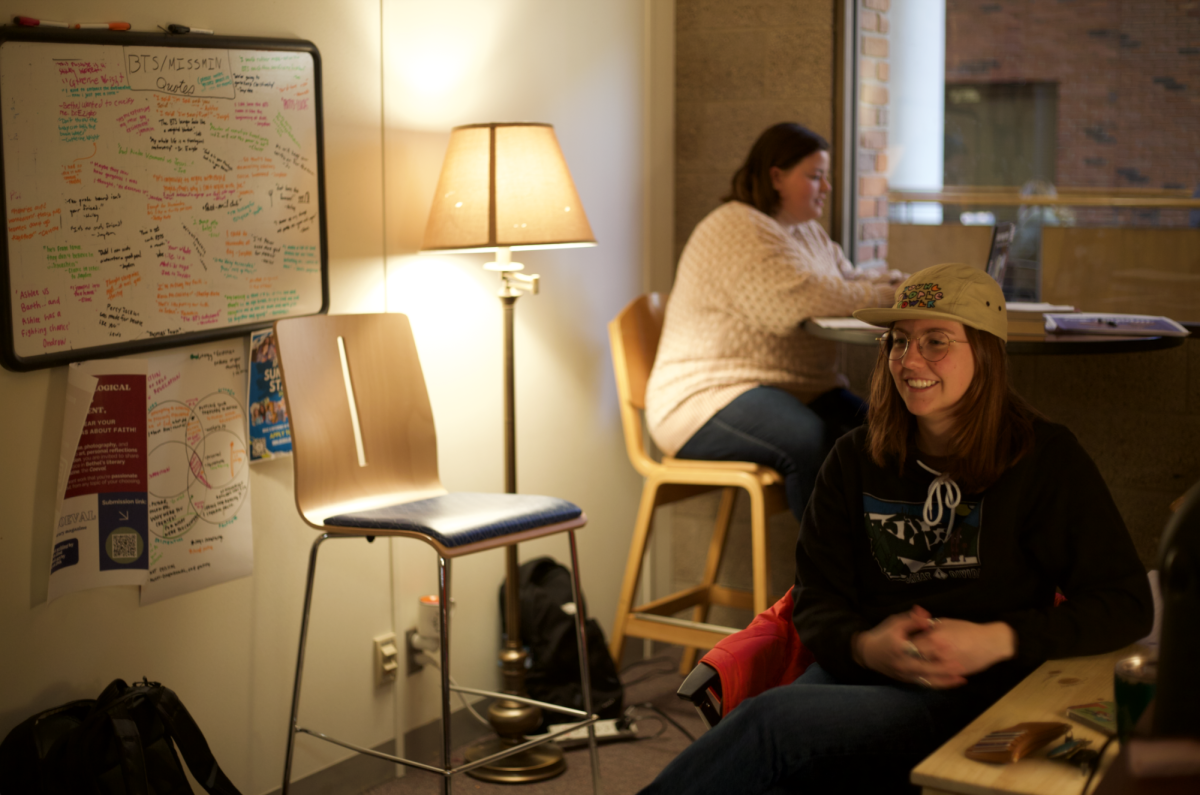
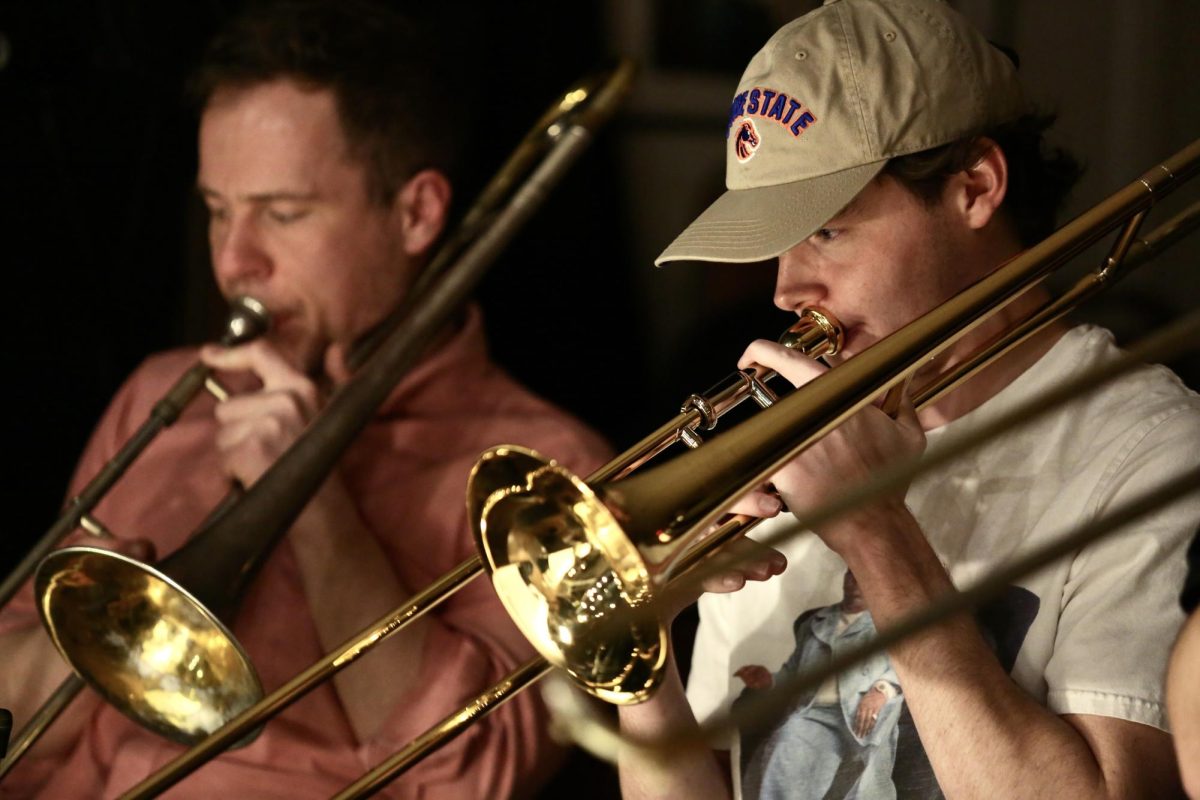
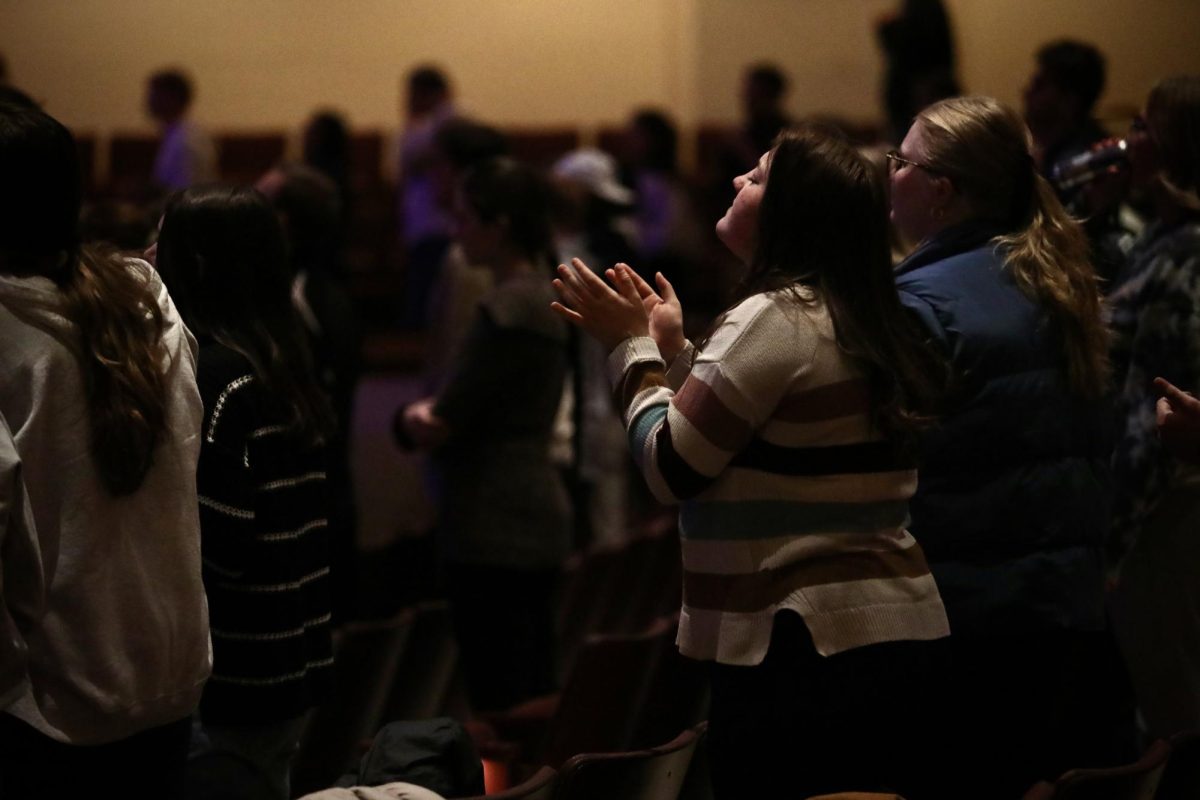
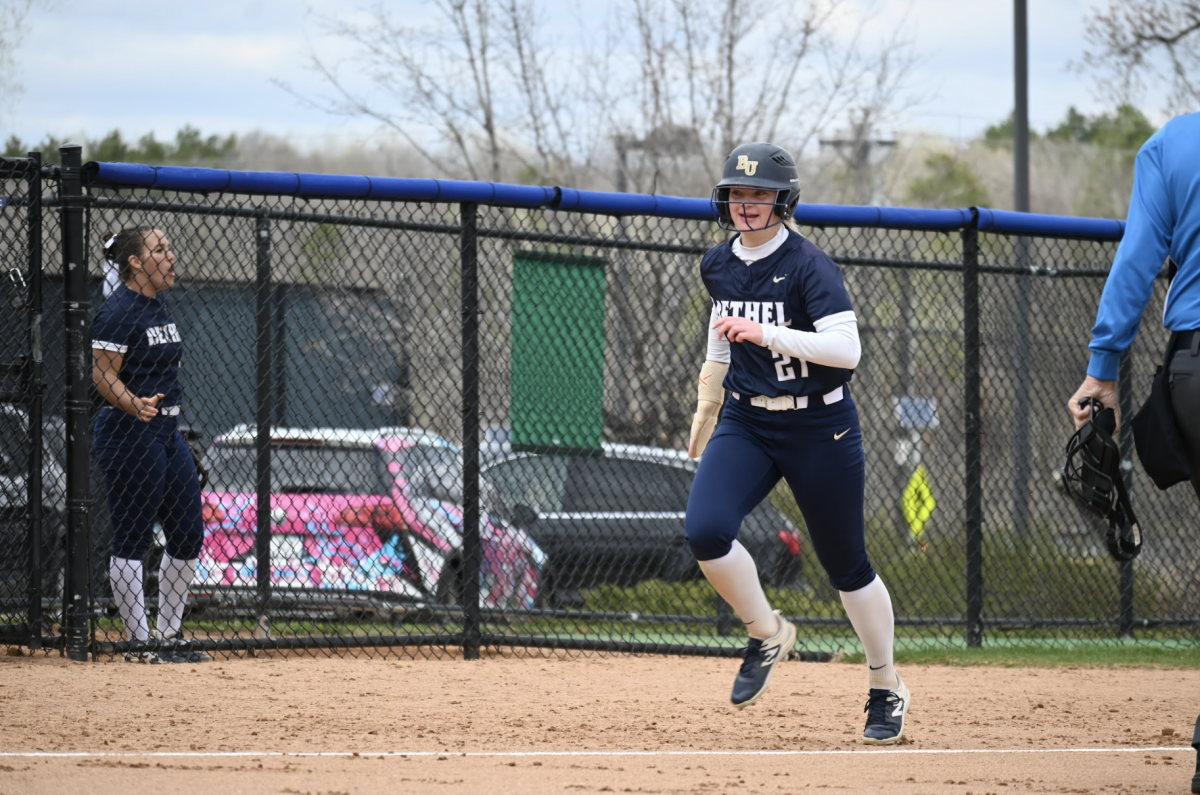

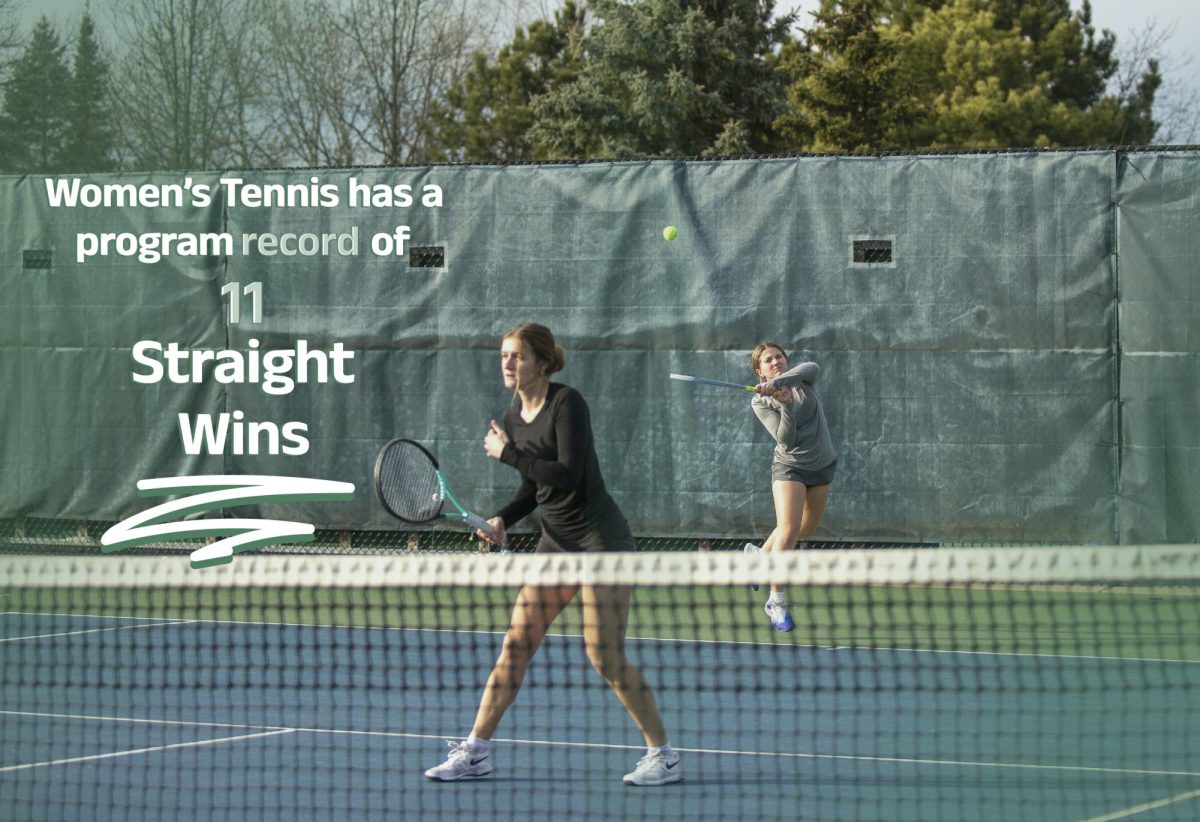
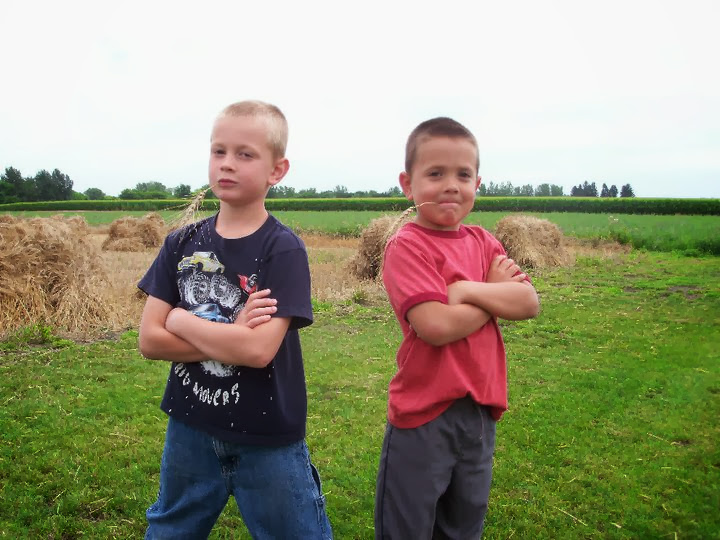
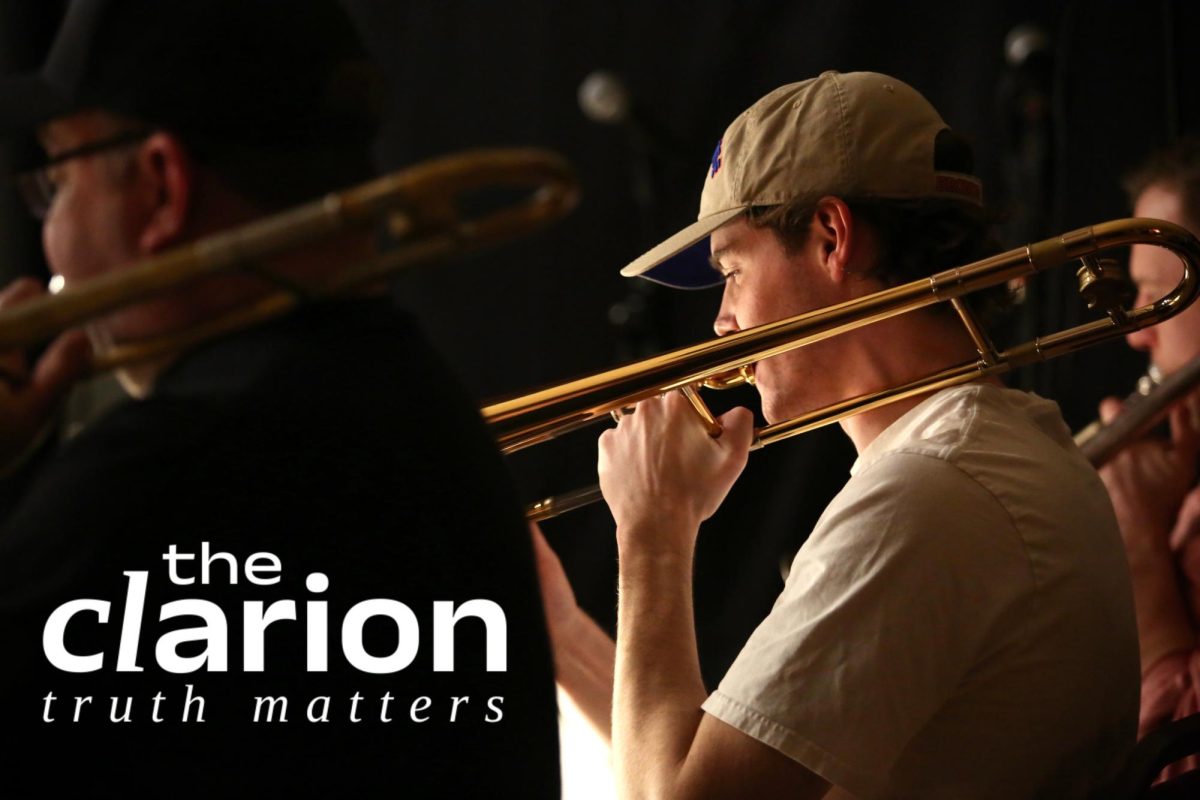
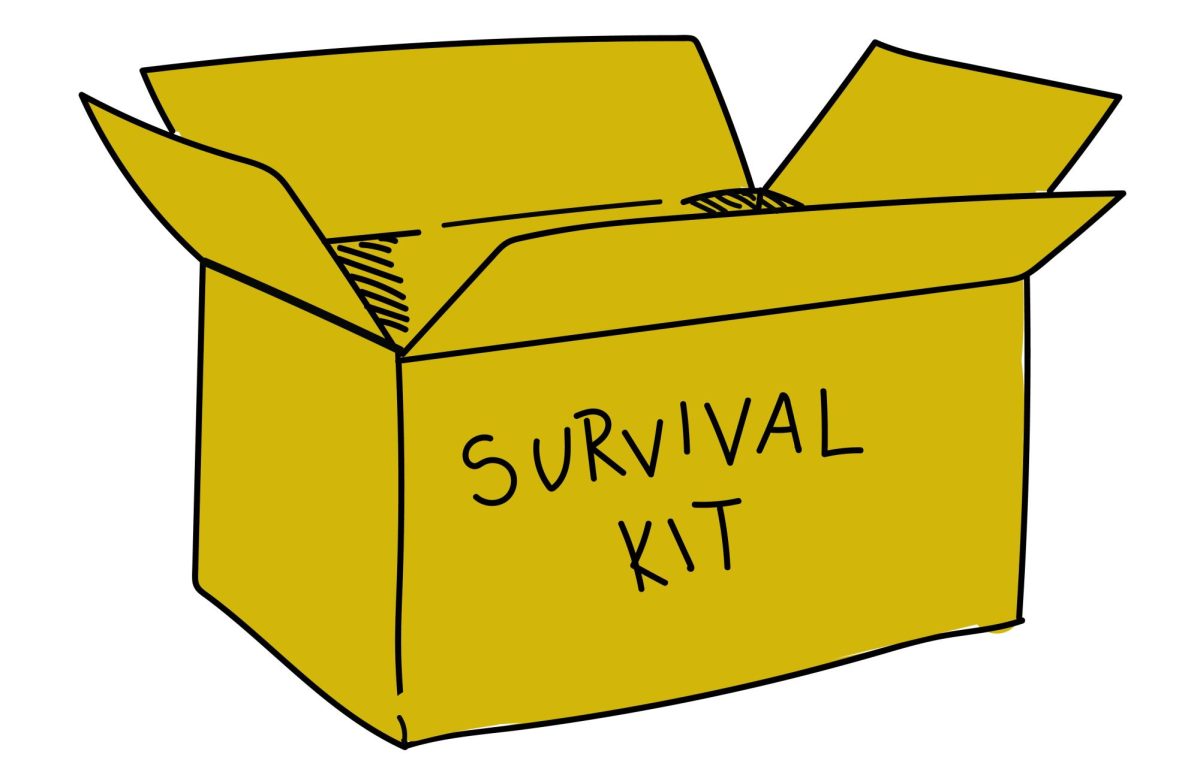




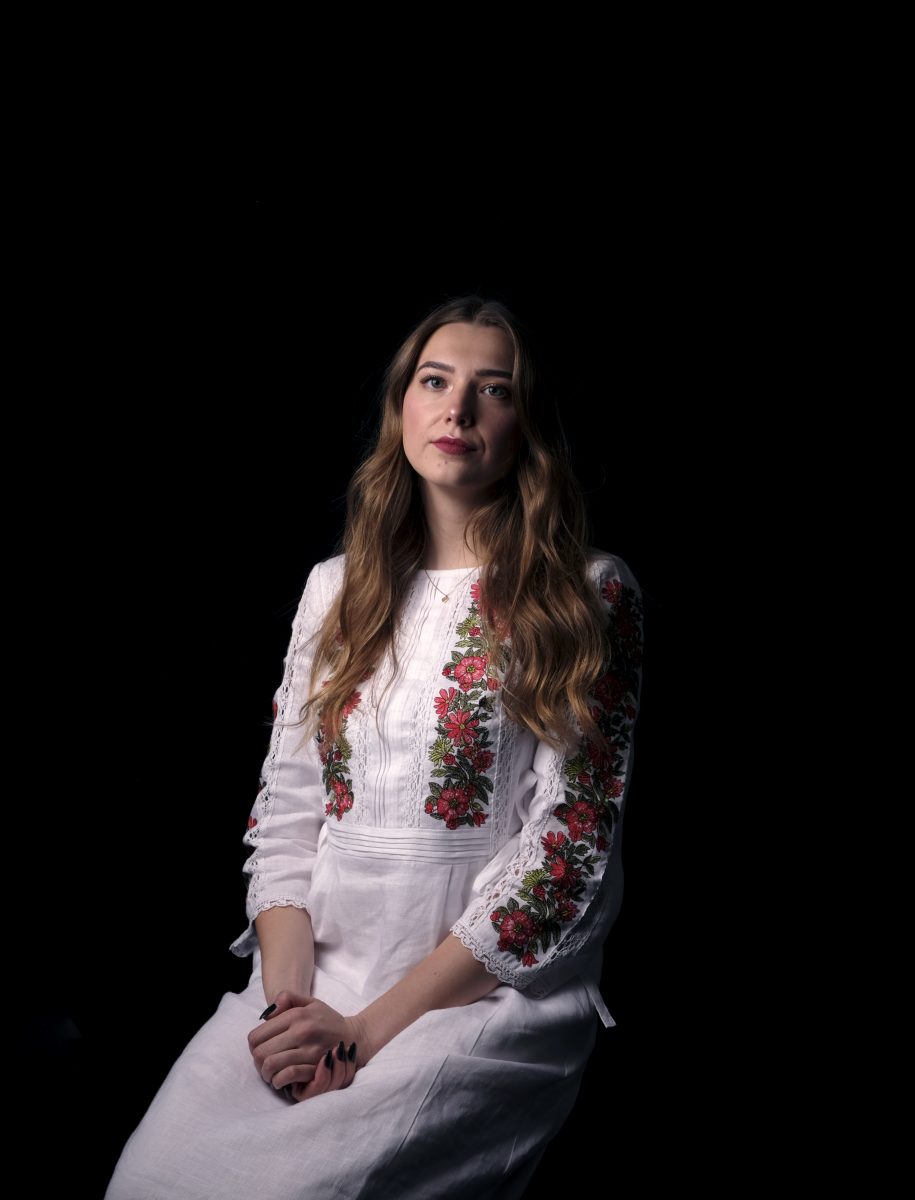
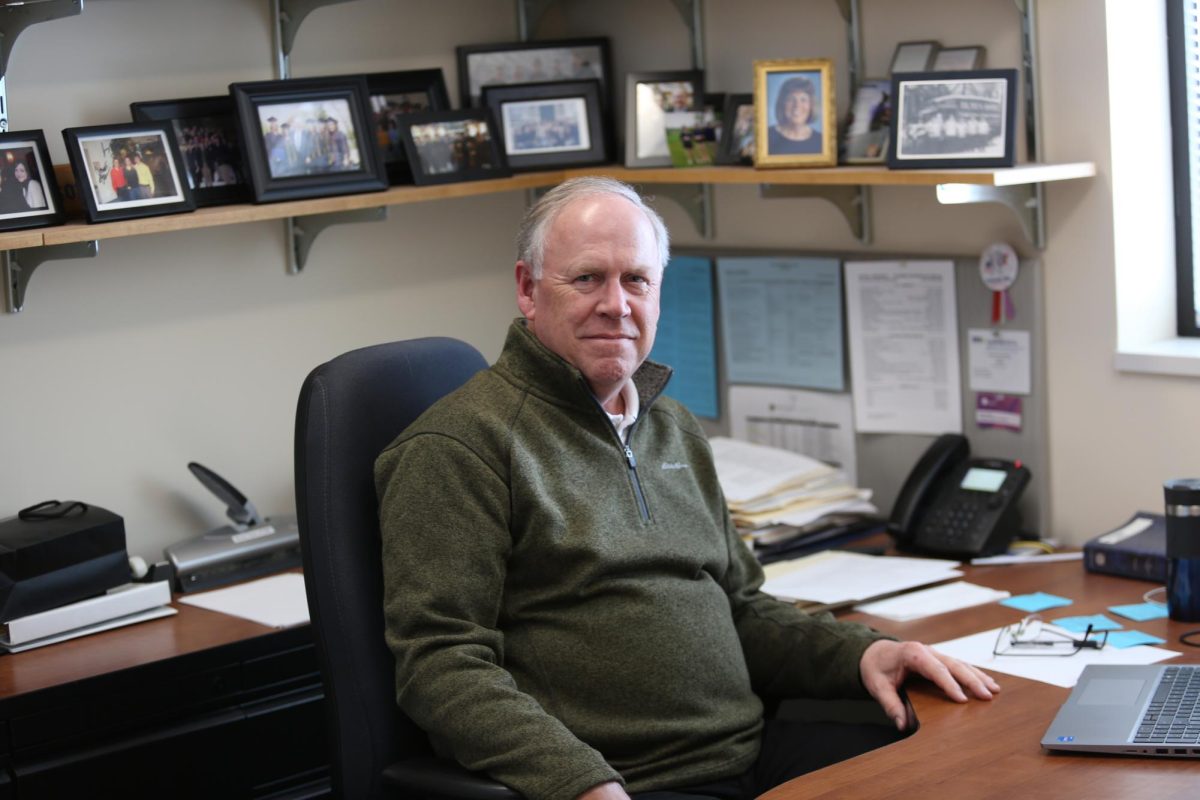
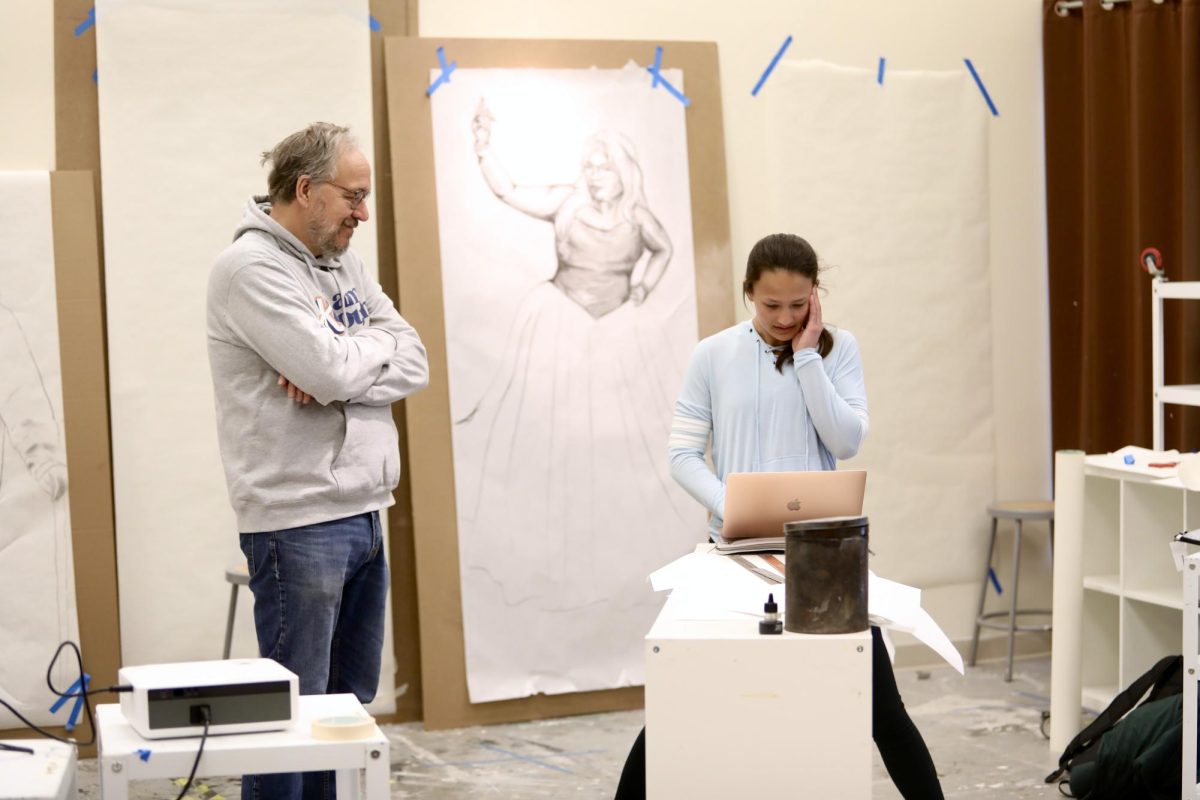
![Juniors Mild Du and Noah Schmit smile in the BSG office in the Loft March 22. They share how they are going to use the office space next year, keeping Du’s record player. “[I’m excited] to see how we can pour into these people and make sure that BSG responds to student concerns and wants,” Schmit said.](https://thebuclarion.com/wp-content/uploads/2024/04/240324_Holland_MildandNoah_13-1200x800.jpg)